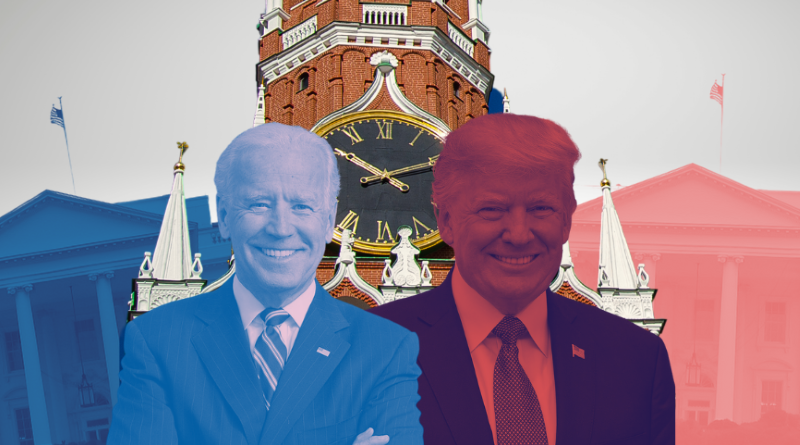G-20 and the COVID-19 Depression: America and China Must Realize Responsibilities as Great Powers
(Japan) on 17 October 2020
by (link to original)
The first order of business is the response to the high debt owed by poor countries, such as those in Africa. This was discussed among the G-20 finance ministers.
The burden of repayment is heavy due to the economic depression. Excessive repayment will take a toll on healthcare in poor countries, and there is a fear that this will accelerate the spread of infection. If countries continue to default, financial instability may spread around the world.
The G-20 has already agreed on an extension of loan deferment. It is also considering debt reduction. It must exert efforts to reduce the burden on poor countries.
The problem is that the contribution made by major lender China to the G-20 agreement is actually backward-looking. Even if Japan and the West would defer their loan repayments, and if that saved money were then just paid back to China, the gesture would be meaningless.
China has bolstered its international influence by expanding its financing for poor countries. Since it emphasizes how its economy has recovered early from the coronavirus disaster, it should also ramp up its support for poor countries.
The G-20 has given up its goal of reaching an agreement on new international rules for increased duties on giant IT firms within the year. America, in which these firms are concentrated, has pushed back.
Even though IT firms make huge profits worldwide, they pay very few taxes outside of the U.S. In addition to eliminating inequality, the necessity of quickly introducing new rules has been intensified by the COVID-19 disaster.
The finances of multiple countries have worsened due to huge economic measures. But thanks to the boom in online meetings and commerce, the business outlook for IT firms is favorable. It is reasonable to request IT companies to take on the burden of protecting citizens' livelihoods.
The G-20 finance ministers raised an alarm in their communique, stating that the world economy is exposed to risks. It is a natural conclusion, given the renewed spread of infection in Europe and elsewhere. Close coordination in economic support must be demanded.
It is hard for G-20 countries, with their varying systems, to reach agreement. This is even more so in a context of fierce Chinese-American confrontation.
But as great powers, America and China bear responsibility for stabilizing the world economy. Their role is all the greater in the worst downturn since the Great Depression. They should realize their situation and compromise before the G-20 summit next month.

